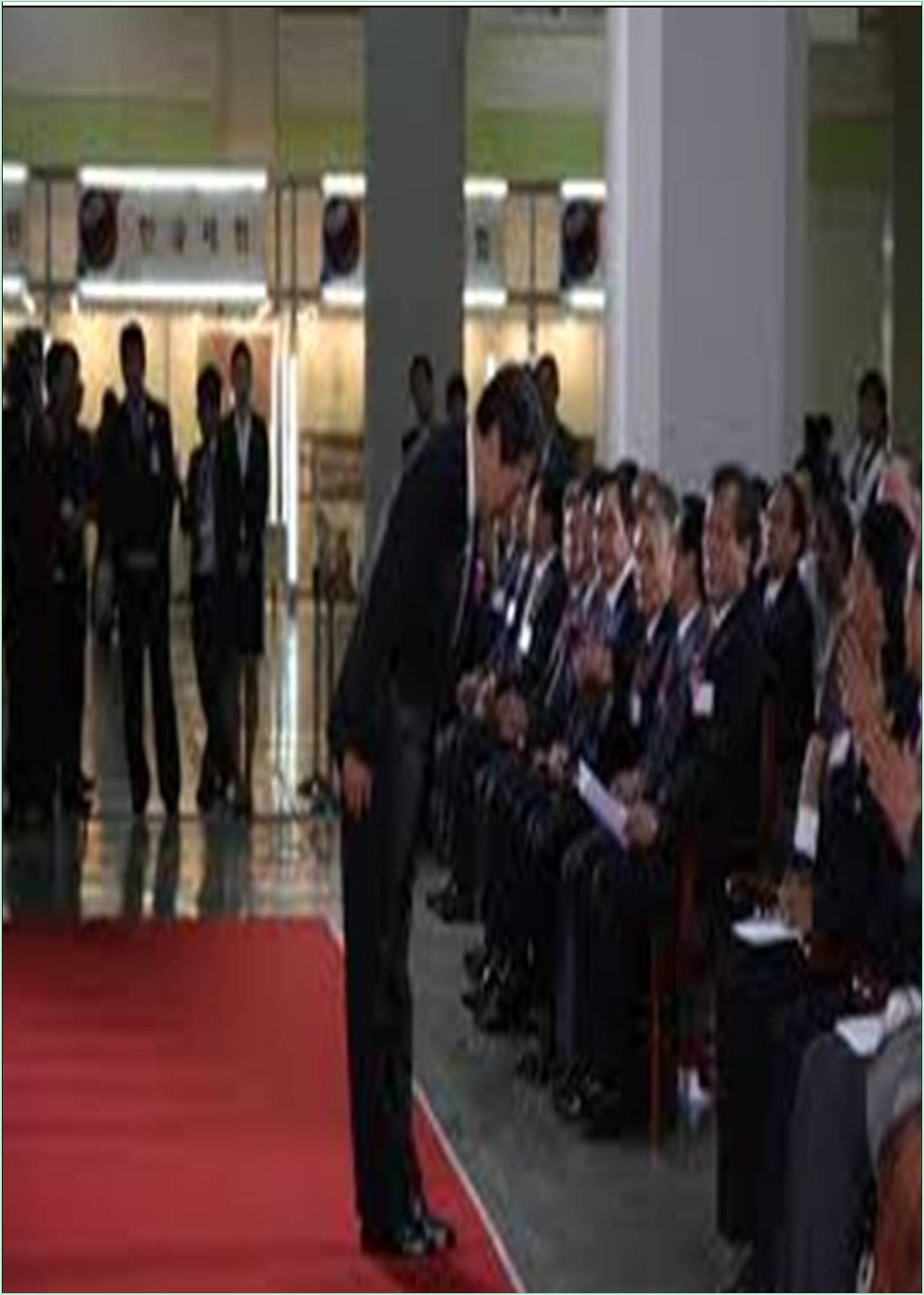



Received: 20-Jan-2022, Manuscript No. JPAPR-22-64162; Editor assigned: 24-Jan-2022, Pre QC No. JPAPR-22-64162 (PQ); Reviewed: 07-Feb-2022, QC No. JPAPR-22-64162; Revised: 14-Feb-2022, Manuscript No. JPAPR-22-64162 (R); Published: 21-Feb-2022, DOI: 10.15651/JPAPR.22.04.003
Participatory research integrates scientific research with educational and political behavior. Researchers work with community members to understand and solve community problems, empower community members, and democratize research.
Participatory research has some prerequisites that resist the definition. It is a broad tradition of collective selfexperiment, supported by reasoning, fact-finding, and learning. Common to all PAR (“Participatory Action Research”) formulations is the idea that research and action must be done with "people," not "people" or "for people." It counteracts Scientism by promoting the retention of knowledge in human institutions and social history (like in many political economies). The exploration based on the principles of PAR is a collective way to change human behavior and people's views of reality, rather than simply observing and studying them, in the hope that meaningful changes will eventually emerge. Understand the world through hard work.
The principle is responsible for participating in preparatory activities, influencing decision-makers, and participating in the actual decision-making process. However, participation is justified in terms of a rational government revealing potential weaknesses and recognizing individual responsibilities. The three main principles of participatory research are:
(a) Empowering helpless people,
(b) Stimulating change at the political level, and
(c) Sustainable solutions that meet the needs of communities are to develop.
Modes of Participatory Research
There is a high degree of creative cross-pollination Between very different approaches The source is, as Chambers claims,“ Cause, effect, Innovation, influence, diffusion as if to obey Straight lines as these sources and traditions increasingly mixed to flow through a braided river Details of the last 10 years”. Some of the important effects on health development of participatory methodologies have come from action research, adult education, medicine of the method developed with the anthropology Community, and agricultural development.
The survey method is the ability to permeate the relationship between a researcher and the people with which he is involved and influential. They recognize German inequality and aim to counter their access to resources and the resources they generate crossroads of differences in class, caste, "race", age, etc. People's knowledge Worthwhile, these approaches consider humans as agents, not an object: Allowing your analysis to Develop situations and unique solutions. Central the red thread that implements these approaches focus on changing the role of researchers Moderator and director into catalysts. Through the process of Participating in mutual learning and analysis throughout the study, not at individual stages People are included in the study as their owners my knowledge and ability to take action.
The modes of participatory research include group discussions of personal experience, interviews, surveys, and analysis of public documents:
Group discussions of personal experience: The reason for a collection dialogue isn't always to win an issue or to amuse your classmates. The reason for dialogue is to assist every institution member to discover and find out non-public meanings of textual content through interplay with different people. Much of our regular speech is made of descriptions wherein we search for a single manner or some other to deliver thoughts to different people. These thoughts are typically worried about what we know. A studying institution dialogue is a long way extra tentative, even halting, in its progress, for it offers now no longer with actuality but with search. Listening to a collection dialogue, one is possible to listen to such expressions as “it appears to me”, “I think, and “I believe”. Group dialogue ought to now no longer be searching to convince; rather, it ought to address subjects unresolved and search to assist every member locate meanings that did now no longer exist before.
Interview: An interview is a procedure aimed at obtaining information from a person through a verbal response to a verbal request. An interview is a face-to-face conversation between the interviewer and the interviewee, who collects answers from the interviewee and selects potential personnel.
Survey: A survey is defined as investigating a process or interviewing selected sample people to obtain data about a service, product, or process. Data acquisition surveys collect information about opinions, actions, or knowledge from a specific group of people.
Analysis of public documents: Document analysis is a form of qualitative research that uses a systematic approach to analyse documentary evidence and answer specific research questions. Like other analytical methods in qualitative research, document analysis requires repeated review, research, and interpretation of the data to gain meaning and empirical insight into the composition under investigation. Document analysis can be performed as a stand-alone survey or as part of a larger qualitative or mixed approach survey. Often used in this study to triangulate insights from different data sources.
Focusing on participatory research methods is necessary to truly realize the dual goal of participatory research the production of knowledge and the actions of the real world that are carried out democratically and collaboratively. By consciously choosing participatory research methods, researchers can engage stakeholders and communities more actively at every step of the research process. With such involvement, research can benefit from the collective wisdom of both researchers and the community, which in turn produces more meaningful insights that are translated into behavior. Researchers in many disciplines have a long history of working with non-academic stakeholders in public relations, but a brief explanation of how to do that work often lacks a minimum. Participatory research methods, tools, clear explanations of the process, and documentation of ongoing challenges and moderators will enhance and enhance public relations efforts.